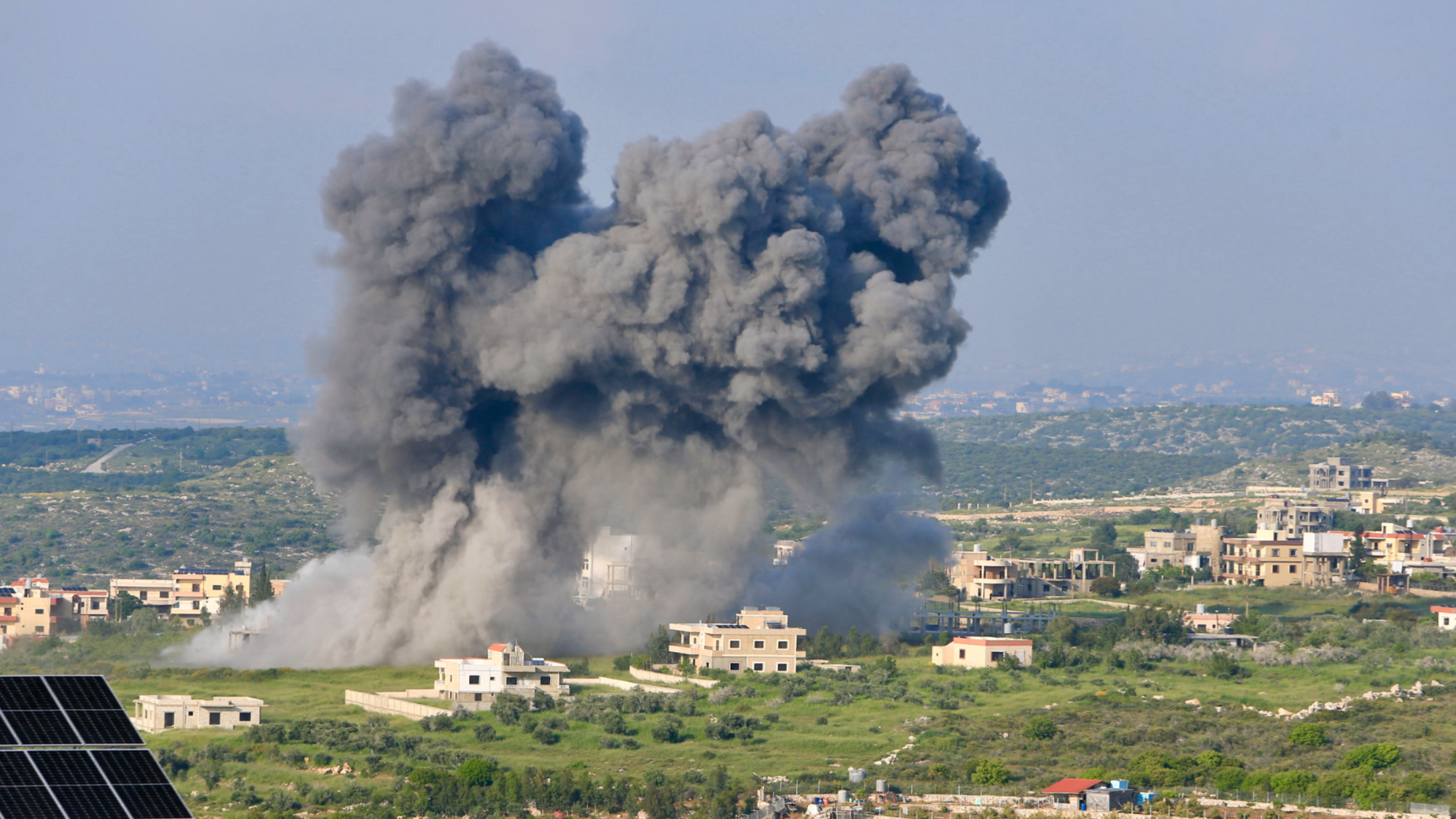Calls to ease tensions rise amid Gaza cease-fire delay, Iran-Israel flashpoint

Senior leaders in the Middle East have appealed to the international community to do more to de-escalate tensions in the region as frustrations grow over the delayed cease-fire and flow of humanitarian aid in Gaza despite United Nations resolutions to end the atrocities.
Tensions intensified after Iran launched strikes on Israel in response to the Israeli bombing of an Iranian diplomatic building in Syria’s capital Damascus on April 1,
which killed at least one senior figure in Iran’s Islamic Revolutionary Guard Corps and several other officers.
Iranian President Ebrahim Raisi had said that any “reckless” action by Israel would be met with a harsher and stronger response, according to a report by the Iranian Students’ News Agency reported on April 15.
Raisi said that over the past six months, “and mainly in the last 10 days”, Iran had used all regional and international means to warn the international community of “the dangers of the ineffectiveness of the UN Security Council”, which is “under the influence of the US and the supporters of Israel”.
According to the Teheran-based, university student-run agency, Raisi also said that Iran considers regional “peace and stability” essential for its national security, stressing that it would not hesitate in making any effort to restore peace and stability to the region.
Turkish President Recep Tayyip Erdogan, in a televised speech on April 16, blamed Israeli Prime Minister Benjamin Netanyahu for Iran’s unprecedented missile attack on Israel over the weekend, the Times of Israel reported.
“Those who have been silent for months about Israel’s aggressive attitude immediately condemned the Iranian response. But it’s Netanyahu himself who is the first who should be condemned,” Erdogan was quoted as saying.
Before the Iranian strike over the weekend, pressure had been piling on Israel over its defiance of the United Nations Security Council Resolution 2728, which called for an immediate cease-fire in Gaza.
Israel has faced international indignation over its army’s killing of seven aid workers from World Central Kitchen on April 1, after strikes hit their three-vehicle convoy despite being clearly marked with the charity’s logos.
On April 15, Reuters reported that Israel’s war cabinet discussed a range of options to punish Iran for its drone and missile attack but without triggering an all-out war, citing Israel’s Channel 12 news report.
Speaking at a press conference during his visit to Pakistan on April 16, Saudi Foreign Minister Prince Faisal bin Farhan Al Saud lamented that international efforts toward a cease-fire had been “wholly insufficient”.
“We are now well beyond 33,000 civilians killed. We are now actively discussing the potential of famine in Gaza. Again, famine. That means people are starving to death because humanitarian assistance is not getting to them,” said Prince Faisal, as he called it “an unacceptable situation”.
“It is a complete failure of the international system and the systems of international law and governance to live up to their responsibilities,” he said.
“We must have a cease-fire now and we must have access to humanitarian aid immediately. There is no justification for the restriction of humanitarian aid in entering Gaza,” he added.
Prince Faisal also expressed frustration that despite two UN Security Council resolutions, sufficient aid had not been entering Gaza and slammed the double standards of Western countries.
“We have finally now started to see a turnaround in the issue of aid. Unfortunately, that happened after six Western aid workers were killed by Israel but it didn’t happen after 33,000 Palestinians were killed. So, this shows you the continuing double standard that we have to deal with and we have to live with,” said Prince Faisal.
He said the reality was that the international community was “not living up to its responsibility” and demanded more be done to “end the killing, end the suffering of the people of Gaza”.
“It is our position that de-escalation must be everybody’s priority,” said Prince Faisal.
Francesca Albanese, the United Nations Special Rapporteur on the human rights situation in the West Bank and Gaza, had said that she hoped Iran’s military response to Israel’s bombing of the Iranian embassy in Syria “doesn’t escalate into a full-blown war”.
“At the same time, I urge everyone to remain committed to stop Israel’s genocide in Gaza and its brutal violence in the West Bank. This is the only path to peace in the region and beyond,” Albanese wrote on X, formerly Twitter.


